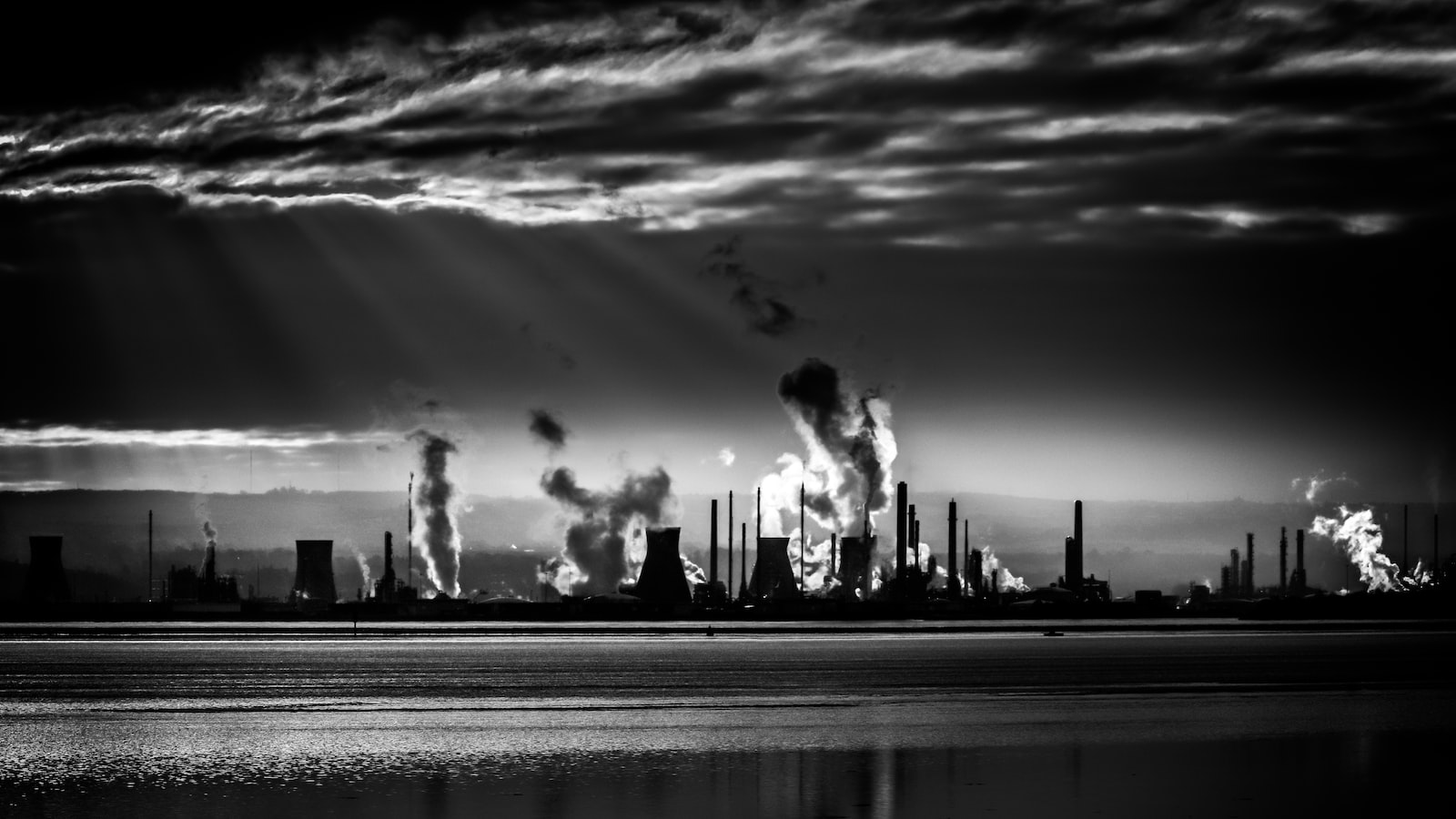
The Growing Role of Petrochemicals in Waste Management
Waste management is an increasingly critical concern for modern society. With population growth and urbanization, the volume of waste generated continues to rise, and finding effective solutions is paramount. One key aspect of waste management that has undergone significant transformations is the utilization of petrochemicals.
Petrochemicals are chemicals derived from petroleum or natural gas. They play a crucial role in waste management by adding value to various waste streams. Through innovative technologies and processes, petrochemicals are becoming instrumental in transforming waste into valuable resources.
Driving Industry Transformations
Petrochemicals are reshaping the waste management industry in several ways:
- Plastic recycling: One of the most notable transformations is in plastic recycling. Petrochemicals enable the breakdown of plastic waste into its basic components, allowing for the creation of new products. This advancement significantly reduces plastic pollution and conserves natural resources.
- Waste-to-energy conversion: Petrochemical innovations facilitate the conversion of various waste materials into energy sources. Through processes like pyrolysis and gasification, waste, which would otherwise end up in landfills, is transformed into usable fuels like biodiesel and biogas.
- Chemical extraction: Petrochemicals are also playing a vital role in extracting valuable chemicals from diverse waste streams. Techniques such as solvent extraction and chemical reactions enable the recovery of precious metals, rare earth elements, and other valuable compounds from electronic waste, contributing to resource conservation and reducing the environmental impact of mining activities.
Challenges and Future Prospects
While the transformations brought about by petrochemicals in waste management are promising, challenges persist. The industry faces concerns regarding environmental impact, carbon emissions, and the depletion of fossil fuel reserves. However, efforts are being made to develop sustainable alternatives, including the integration of renewable sources and the adoption of greener petrochemical production processes.
“The waste management industry is undergoing a remarkable transition with the help of petrochemicals. By harnessing the potential of these compounds, we are minimizing waste, reducing pollution, and creating a greener future for the planet.”
To further drive industry transformations, collaboration between waste management companies, petrochemical manufacturers, and regulatory bodies is essential. The development of robust recycling infrastructure, investment in research and development, and the promotion of sustainable practices are crucial steps in creating a circular economy where waste is minimized, and resources are maximized.
In conclusion
Petrochemicals have emerged as powerful catalysts in transforming the waste management industry. Through their applications in plastic recycling, waste-to-energy conversion, and chemical extraction, they are driving significant changes towards a more sustainable and resource-efficient future.
As society continues to grapple with increasing waste generation, embracing petrochemical innovations and striving for greener processes will undoubtedly play a pivotal role in achieving long-term sustainable waste management solutions.





